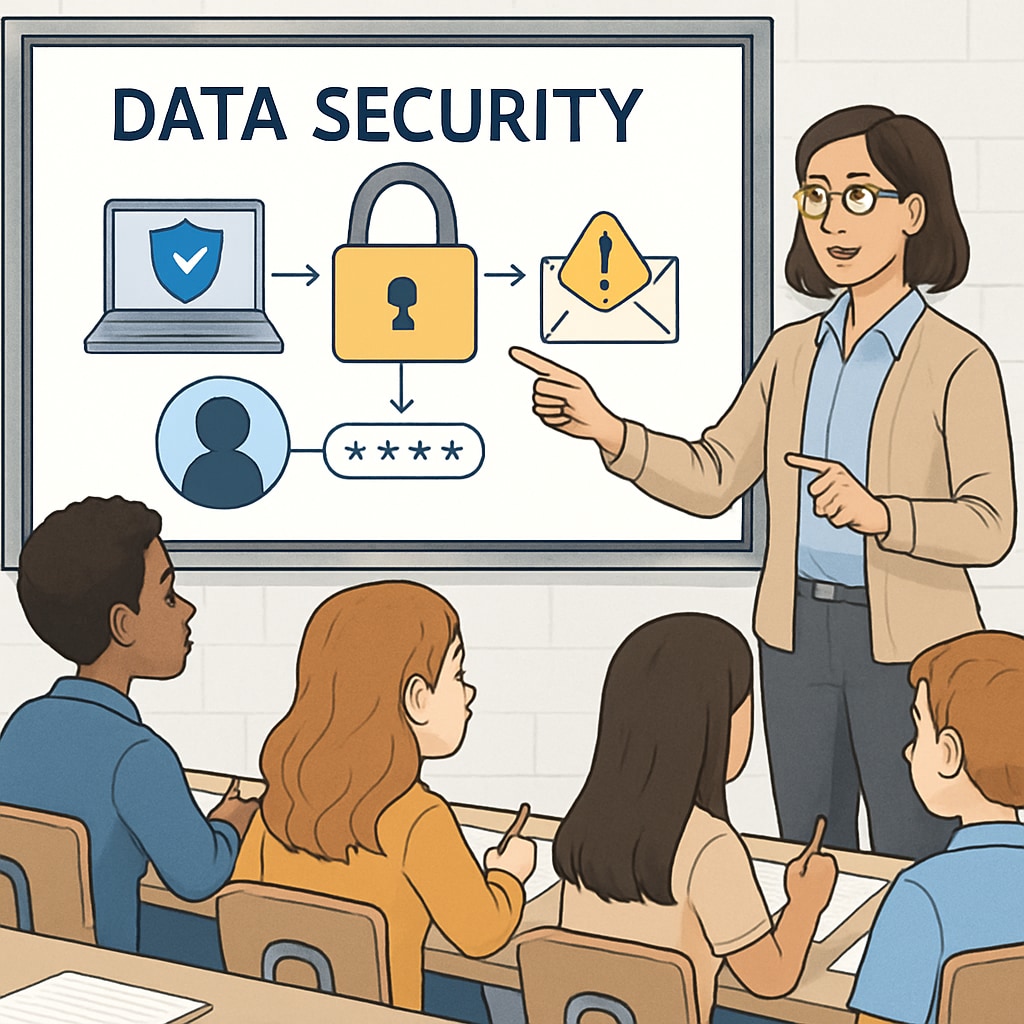In an era dominated by digital transformation, the demand for cybersecurity professionals has skyrocketed. With cyber threats becoming increasingly sophisticated, organizations are prioritizing skilled talent to protect their data and systems. The reputation of the university one attends significantly impacts career prospects in cybersecurity. However, laying the groundwork for these careers begins much earlier—through K12 education, where foundational awareness and skills are cultivated.

How University Reputation Influences Cybersecurity Employment
University reputation is a key determinant in shaping a graduate’s career trajectory. Employers often associate reputable universities with rigorous academic programs, cutting-edge research, and access to industry networks. As a result, attending a top-tier university can open doors to higher-paying cybersecurity roles and leadership opportunities.
According to a Britannica article on education, prestigious universities often attract the best faculty, partnerships, and resources, enabling students to gain hands-on experience. For example, many leading universities offer cybersecurity labs where students can simulate real-world scenarios, preparing them for challenges in the workforce. Furthermore, alumni networks from renowned institutions can provide mentorship and job referrals, giving students a distinct advantage.
However, a strong university foundation is not enough on its own. Students must first develop an interest in cybersecurity and fundamental technical skills, which is why early exposure during K12 education is so critical.
The Role of K12 Education in Building Cybersecurity Foundations
Introducing cybersecurity concepts during K12 education is essential for nurturing the next generation of cybersecurity professionals. Early exposure equips students with critical thinking, problem-solving abilities, and digital literacy—skills that are indispensable in this field.
For example, schools can integrate cybersecurity modules into existing STEM (Science, Technology, Engineering, and Mathematics) curricula. Topics like encryption, ethical hacking, and data protection can be introduced interactively through coding exercises or simulated cyberattacks. Such initiatives not only spark curiosity but also provide students with a head start before entering university programs.
Here are some strategies for enhancing cybersecurity education in K12 schools:
- Organizing cybersecurity competitions or hackathons to engage students in real-world problem-solving.
- Partnering with tech companies to provide workshops and mentoring programs.
- Incorporating gamified learning tools that make complex concepts accessible and fun.
These efforts not only build technical skills but also foster an ethical mindset, ensuring that students understand the societal impact of their future careers.

Bridging the Gap: From K12 Education to University and Beyond
The transition from K12 education to university is a critical phase for aspiring cybersecurity professionals. By the time students reach university, they should have a solid foundation of technical skills, ethical values, and an understanding of the importance of cybersecurity in the digital age. Universities can build on this foundation by offering specialized programs and career development opportunities.
For instance, students who excel in K12 cybersecurity programs are more likely to gain admission to reputable universities. They can then leverage the university’s resources and reputation to secure internships and entry-level positions in cybersecurity. According to Wikipedia’s overview of cybersecurity, the field is continually evolving, and staying updated on trends is crucial for long-term career success. Universities with strong reputations often provide access to cutting-edge research and industry collaborations, ensuring their graduates remain competitive.
Moreover, students should be encouraged to pursue certifications like Certified Ethical Hacker (CEH) or CompTIA Security+ alongside their university degrees. Such credentials demonstrate practical expertise to potential employers, bridging the gap between academic knowledge and workplace requirements.
The Broader Impact of Early Cybersecurity Education
Investing in cybersecurity education during K12 has implications beyond individual careers. It addresses the global shortage of cybersecurity professionals and enhances overall digital resilience. By fostering interest in this field early, schools contribute to a workforce capable of mitigating future cyber risks.
In conclusion, while university reputation plays a pivotal role in shaping cybersecurity careers, the journey begins much earlier. By prioritizing cybersecurity education in K12 schools, we can empower students to pursue advanced studies at top universities and excel in a field that is crucial to our digital society.
Readability guidance: This article maintains a balance between technical depth and accessibility, with short paragraphs, clear subheadings, and a mix of examples and strategies. Overuse of passive voice and long sentences has been avoided to ensure clarity and engagement.


